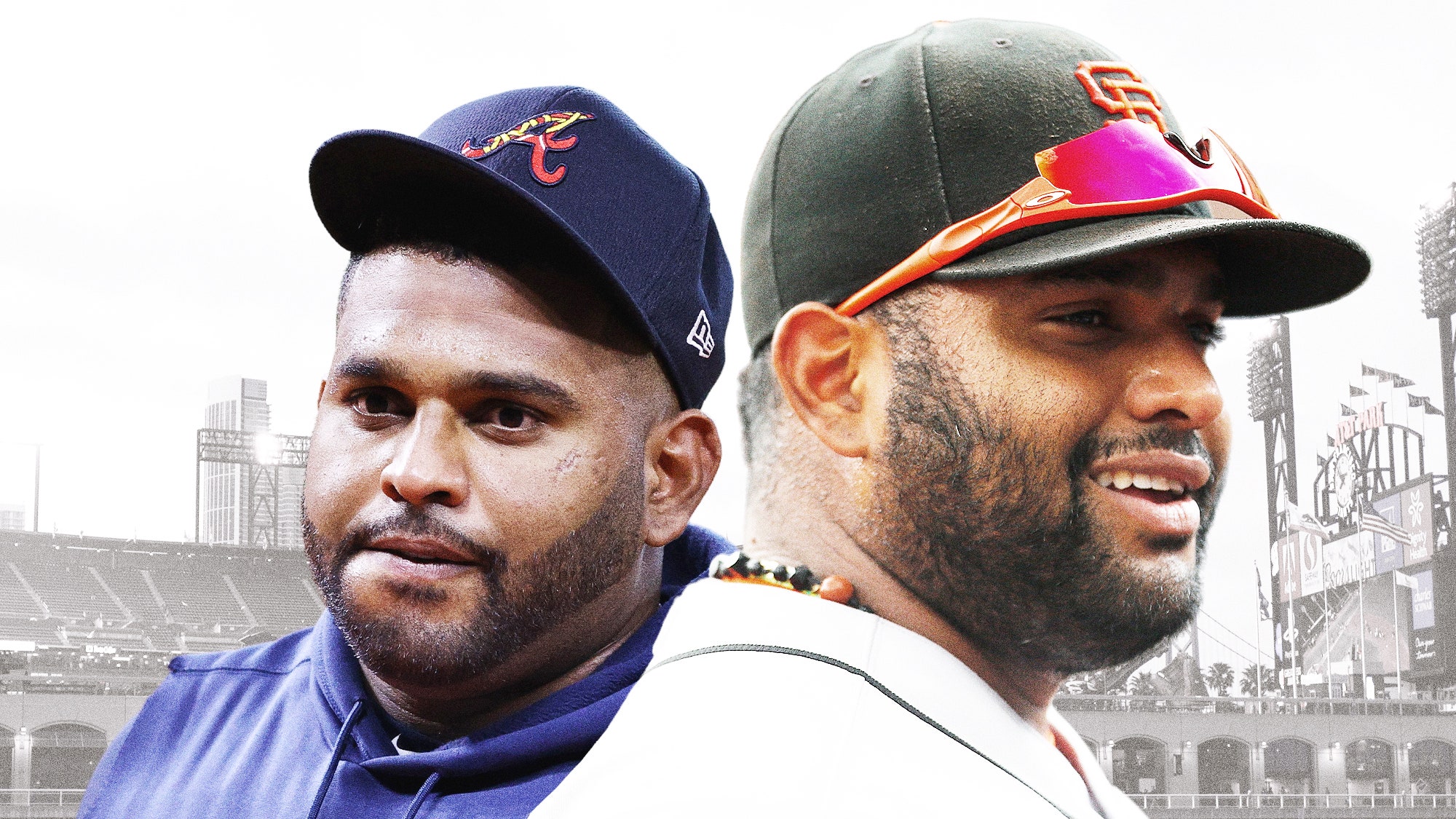
Each team in La Liga is allowed to sign seven foreign players, who are often the most expensive guys on the roster. Salaries aren’t made public in Mexico, but people I spoke to estimated that Sandoval was getting at least $20,000 per month, plus room and board. One pitcher told me he was actually paid less by an MLB team when he was called up last September than he gets per month in Mexico, because the LMB teams cover expenses and pay taxes for the foreign players. As Sandoval has learned again and again, the game he loves is a business, too.
When he signed with the Acereros (whose nickname is Furia Azul) in February, the team released a 500-word press release in Spanish outlining Sandoval’s storied career. It ended with the sentence: “With his arrival, the Furia Azul adds an element that, in addition to helping on the field of play, will give shine and projection to the Mexican Baseball League, becoming one of the most anticipated attractions to be seen not only in Monclova, but in the cities that the team will visit.”
Sandoval had signed with the Acereros because he knew there’d be no Operation Panda and no Panda Watch in Monclova. But ten days after I drove back to Austin, as the Acereros prepared to head to Mexico City for a three-game series, the franchise unceremoniously released Sandoval. A team employee explained to me that it was a baseball decision: “He was hitting .240 in a hitters’ friendly league. I guess they expected more.” The small-town team with a lineup packed with big-league talent was barely .500. The front office was in a panic.
The next morning, I reach out to Sandoval’s representative Victor Acosta, who texts me in Spanish: “This news doesn’t sit well because of the way the team went about things with Pablo Sandoval, a guy who was in the big leagues for 15 years.” When I get through to Sandoval and ask what happened, he tells me: “Nah, nah. I don’t want to talk about Monclova.” The call lasts 45 seconds.
A week later, I get back in touch. Sandoval’s in Durango, in northwestern Mexico, on a roadtrip with his new team, the Olmecas de Tabasco, who picked him up a few days after he was cut by the Acereros. He says he was surprised he’d been released, but seems sanguine enough. “It’s a job, you know? There’s nothing you can do,” he says. Sandoval wants me to know that he appreciates the Acereros for bringing him to the LMB, that he’s thankful to the ownership and his ex-teammates. Still, his tone is decidedly different than it was during our conversation in the dugout. That one kept coming circling back to his love of the game. Now, he reminds me: “Like I said before, it’s work.”
Near the end of our chat in the dugout, I ask Sandoval if he’ll have regrets when he finally takes his last swing. “No, I never imagined this. It’s the things that I was dreaming when I was a little kid in my backyard playing baseball,” he says. “When I retire, I’m gonna retire with my head up.”

